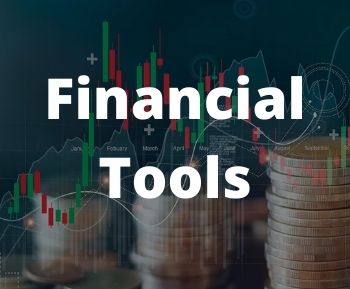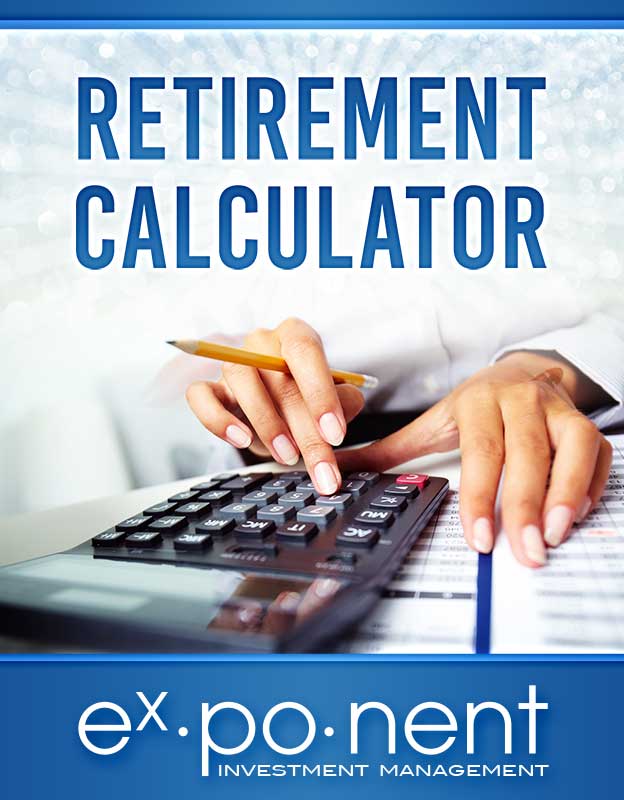How do you measure whether or not your Portfolio Manager is doing a good job? Alternatively, if you are looking for a new PM, how do you determine whether or not (s)he is a good fit?
Many people believe that performance is the only thing one should look at and a PM better ‘shoot the lights out’ to get their business. However, absolute performance is not the key factor in determining a proper fit, rather, it is the outcome of all the other components working together well. Let’s talk about performance first and then once we’ve addressed that we can look at what you should be looking for.
All too often people rely on performance over a very short time frame (less than 2 years) to determine who they should hire or fire. They chase performance, moving the money to whoever had the highest rate of return last year. This usually turns out to be a fool’s errand. Long term consistency in returns rather than short term spikes leads to a greater chance of success overall.
Now that’s not to say that performance is unimportant. It is very important within context. How you use the information is key. When it comes time to analyze the numbers, focus on the quality of the performance instead of the quantity of the performance. Don’t chase the highest number on the upside, rather, look for long term consistent performance with downside protection.
Take a close look at the range of returns over the last 10 years. How many years were negative (if any)? And what was the magnitude of those losses? The less volatility that is experienced makes preservation of capital an achievable goal. A quick glance at most investment management websites will show that every Portfolio Manager says preservation of capital is their primary concern. But if that PM has experienced 3 or more negative years per decade then they are not walking the walk. It is much easier to grow your capital if you are not crawling out of a hole every 3 years.
When it comes to performance, perspective is important. Don’t lose sight of the long term bigger picture by becoming too focused on the short-term day to day price fluctuations. We have seen people go through their statements line by line second guessing in hindsight every decision a PM makes based on a snapshot taken at a point in time. ‘Why didn’t you buy/sell at this exact point in time?’ Markets go up and down based on a variety of factors that may not accurately reflect the true value of a company. Sometimes, a PM will buy a stock for your portfolio that will continue to go down in price before turning around. He/she will also sell some stocks that will run higher for a bit after you’ve sold. It will happen, not might, will. A manager sets a price range that is acceptable rather than an exact price.
If you are expecting your portfolio manager to be perfect on every trade then you are going to be continually disappointed. It reminds me of a quote from Salvador Dali: ‘Have no fear of perfection – you’ll never reach it.’
Even worse, if a PM is forced into an expectation of perfection, (s)he may never pull the trigger. A manager that fusses over pennies on a trade will never make the trade in the first place. The opportunity will pass them by.
Jean de la Fontaine wrote a fable titled The Heron that applies here:
A heron stands by the water one morning surrounded by a rich choice of fish which it ignores since it is not ready to eat. During the afternoon it rejects humbler types of fish as unworthy, hoping for better pickings, but, by evening, it is so hungry that it settles for a snail.
There is a well known Canadian Portfolio Manager who shall remain unnamed. After the financial crises of 2008 he became over fastidious in his trading to the point where he became paralyzed. His fund had a cash weighting of almost 70%. He couldn’t make a decision. He was waiting for the perfect trade, which never came. The markets went up for the next decade while his clients missed out on it all. His fund returned 0.5% over the entire 10 year period.
A good portfolio manager has a philosophy and sticks to it through thick or thin. He or she must be decisive, firm in their convictions and unemotional about the process. Patience is a virtue, patient investors make money. Emotional investors crash and burn. Good communication skills are critical, recognizing that communication is a two-way street. Listening is more important than speaking. A PM cannot determine what your needs are if they are spending more time talking than listening. Starting with a high quality financial plan is the biggest step in the entire process. The plan will drive all future decisions. The best portfolio managers are disciplined and consistent in how they communicate and how they act. Good, consistent performance will follow.
To quote Benoit Poliquin, CEO of Exponent Investment Management:
At Exponent, as your portfolio managers, we cannot predict when the crowds will change their behaviour from mad buyers to angry sellers. We can only observe the crowd actions and media reporting. We raise cash when the fundamentals are not nearly as good as what stock quotes paint them out to be, and we turn into buyers when investors become overly depressed about prospects. We accept that our timing will sometimes be less than perfect, and we focus instead on reading the trends correctly, as this is the key to creating value. The role of a portfolio manager is to make decisions using the best data available while knowing that the future can never be perfectly anticipated.
Stay focused on the process, philosophy and communication style of your manager. If that fits, everything else will fall into place.






